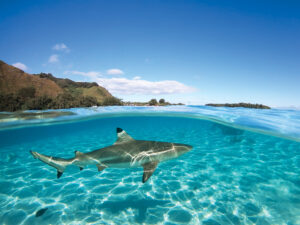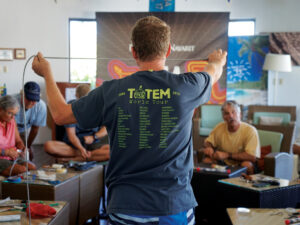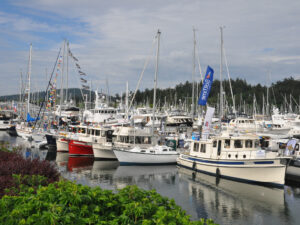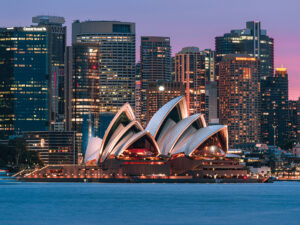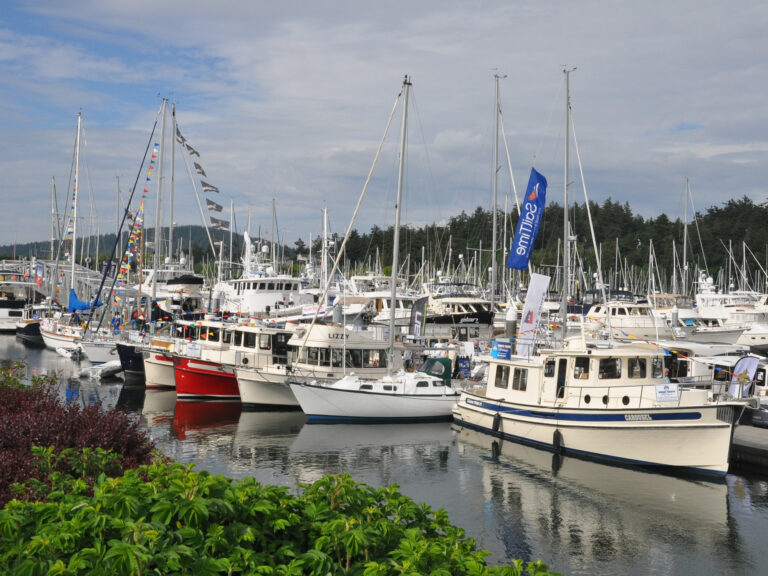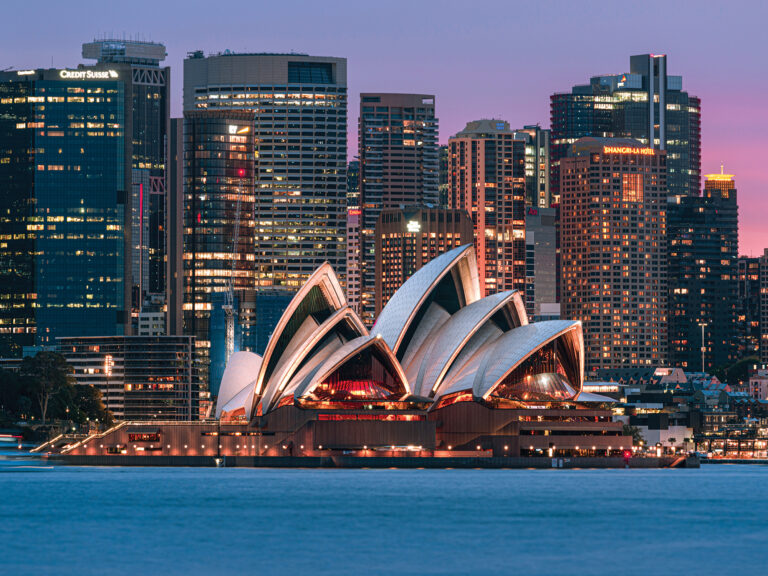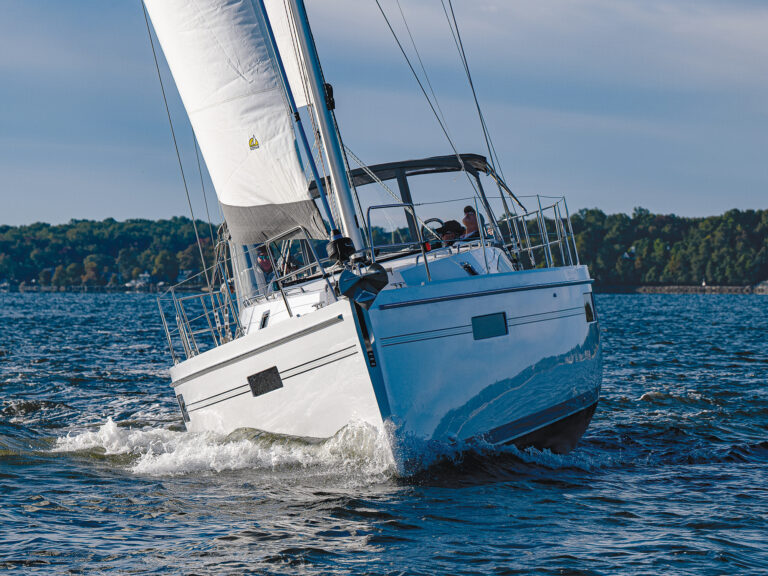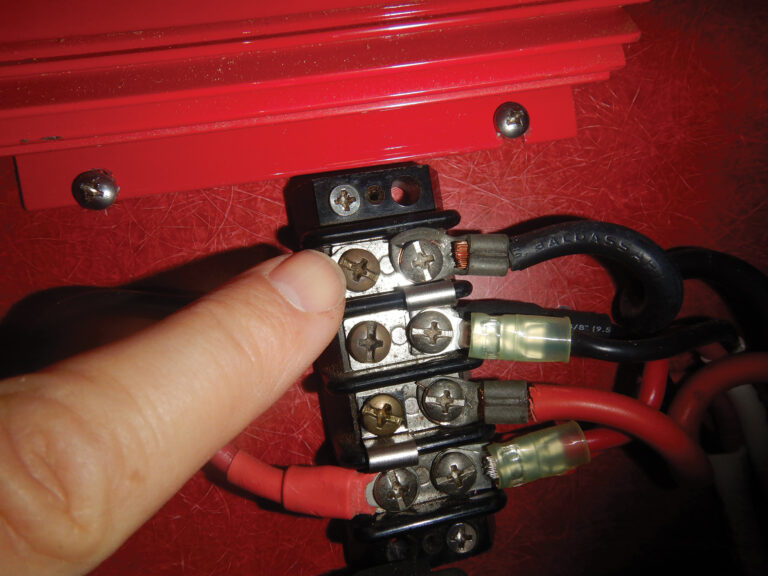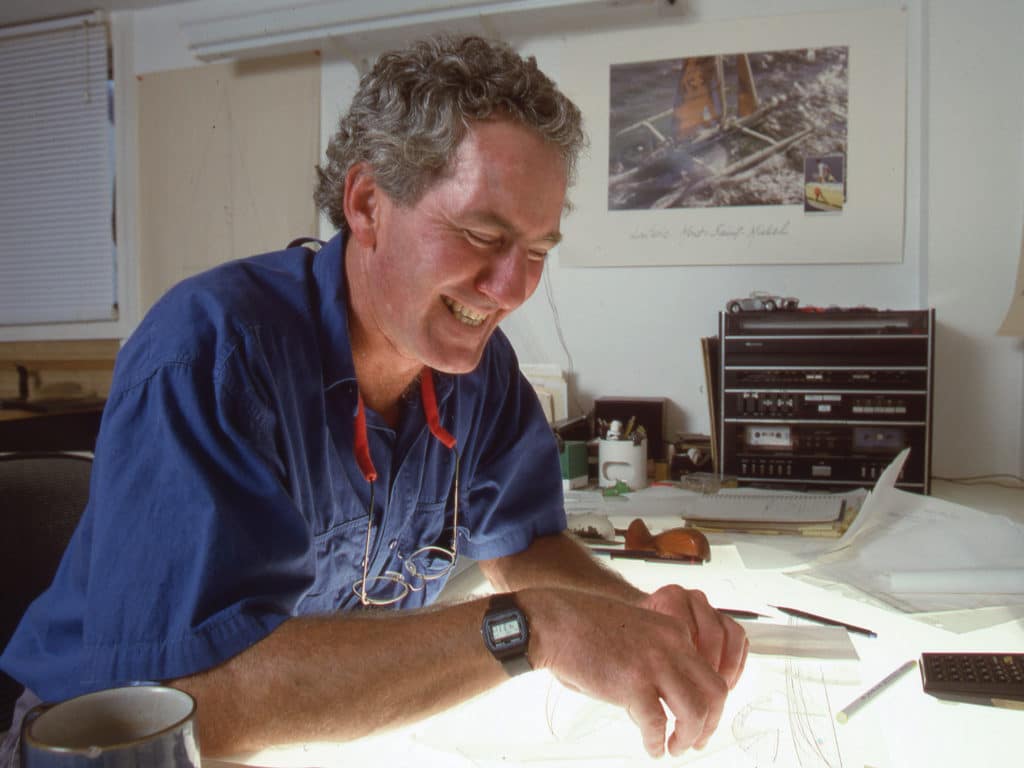
It was almost 40 years ago that I met yacht designer Rodger Martin, though I remember it like it was yesterday. It was all a very roundabout affair. I was holding up a barstool in a pub called Café Zelda, here in Newport, Rhode Island, when I was approached by a rugged-looking, square-jawed dude who called me by name and seemed to be on a mission. My immediate thought was, I hope this guy doesn’t have a sister and I’m not about to get slugged. Little did I know, he had other business in mind, and I’d get to know this stranger quite well in the ensuing years. His name was Mike Plant.
Now, nobody knew at that moment—especially me—that Mike would go on to become America’s preeminent solo sailor, who’d win his class in the next BOC Challenge around-the-world race, compete in multiple global contests, and become a certified legend in the offshore sailing world…all before being tragically lost at sea en route to compete in the Vendée Globe in 1992.
What Mike wanted from me was quite specific. He quickly explained that he was new in town, he was about to build a boat, and he planned to win the upcoming BOC race. He’d read the book I’d co-authored about the inaugural BOC, Out There, and he wanted to hire me to write a sponsorship proposal so he’d have the dough to finance what he’d just described. Never mind that he’d never done anything remotely similar to his plan. My next thoughts were: Man, this is one cocky so-and-so. And he may be entirely full of crap. But none of that mattered to me, a pretty broke sailing-magazine editor, when he said he had cash for the project. I was in.
The next step was to interview the naval architect he’d commissioned to create his 50-foot racing machine. Name of Rodger Martin.
Unlike Mike, though I’d never had a real conversation with Rodger at that point, I knew who he was: an excellent South Africa-born sailor and yacht designer who’d been top dog in the prestigious, high-profile offices at the Derecktor Shipyard on Long Island Sound and David Pedrick’s firm in Newport. Now that he was branching out on his own, his first client was Mike.
In his herringbone sport coat and with his lilting accent, I confess that I was mesmerized by Rodger. I’d been to Cape Town so was familiar with his inflection, but I’d never heard anyone speak quite like Rodger. And it wasn’t just how he sounded; it was what he said. He spoke not in sentences but in whole paragraphs, fully formed. To say I was impressed is an understatement. Truth be told, I was more like Mike, in his filthy jeans, but I wanted to be urbane and smart and sophisticated…to be Rodger. Which was utterly implausible and completely impossible.
Afterward, I laid out the brochure and showed it to Mike, who looked at it, then me, and said: “The eff is this?! I’m not even on the front page!” My face burned scarlet. He was entirely correct. The whole opening spread was a huge photo of Rodger, and his precise, brilliant line drawings and lengthy, dulcet quotes.
It took me a long time to realize that I’d been basically hypnotized by Rodger.
It was the beginning of a long, warm relationship between the man and me. For Mike and Rodger, it was the start of a brilliant partnership and collaboration, one that can be witnessed in the terrific movie Coyote: The Mike Plant Story, which can be streamed on Amazon Prime and other services.
Mike, of course, is long gone. And now, sadly, so is Rodger, who died this past May in a Boston hospital awaiting a lung transplant. I’ll miss the red wine, the long chats, and especially his wry, impish sense of humor. In his very subtle way, the man was hilarious. Adios, old friend.
I did learn two things from the entire episode that served me well in the next four decades. First, if some chap pays you to write for or about him, get that right up front. Don’t bury the lede, son. And if you ever want to learn more about boats, with an added dose of humanity free of charge, give Rodger Martin a call.
Herb McCormick is CW’s executive editor.

